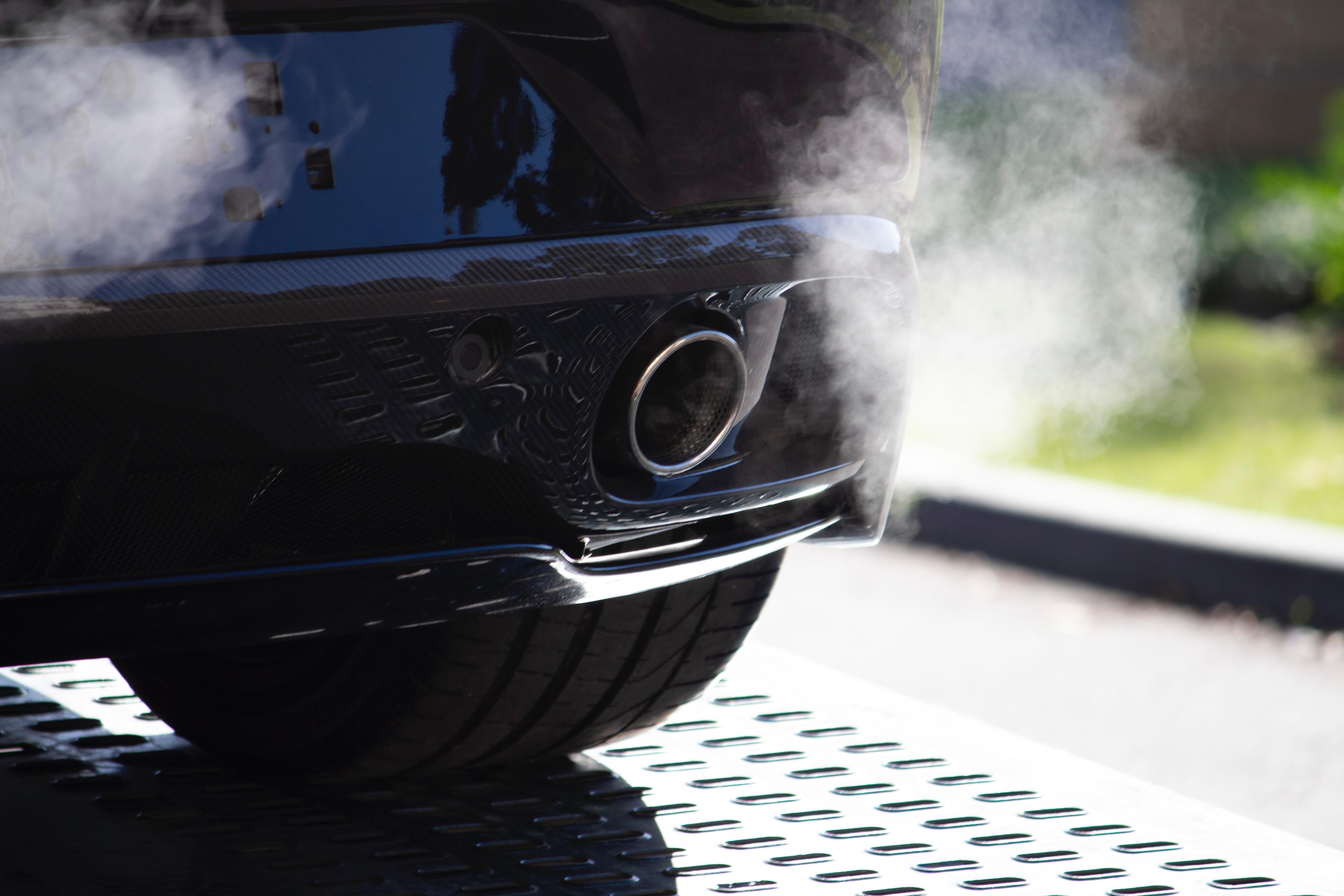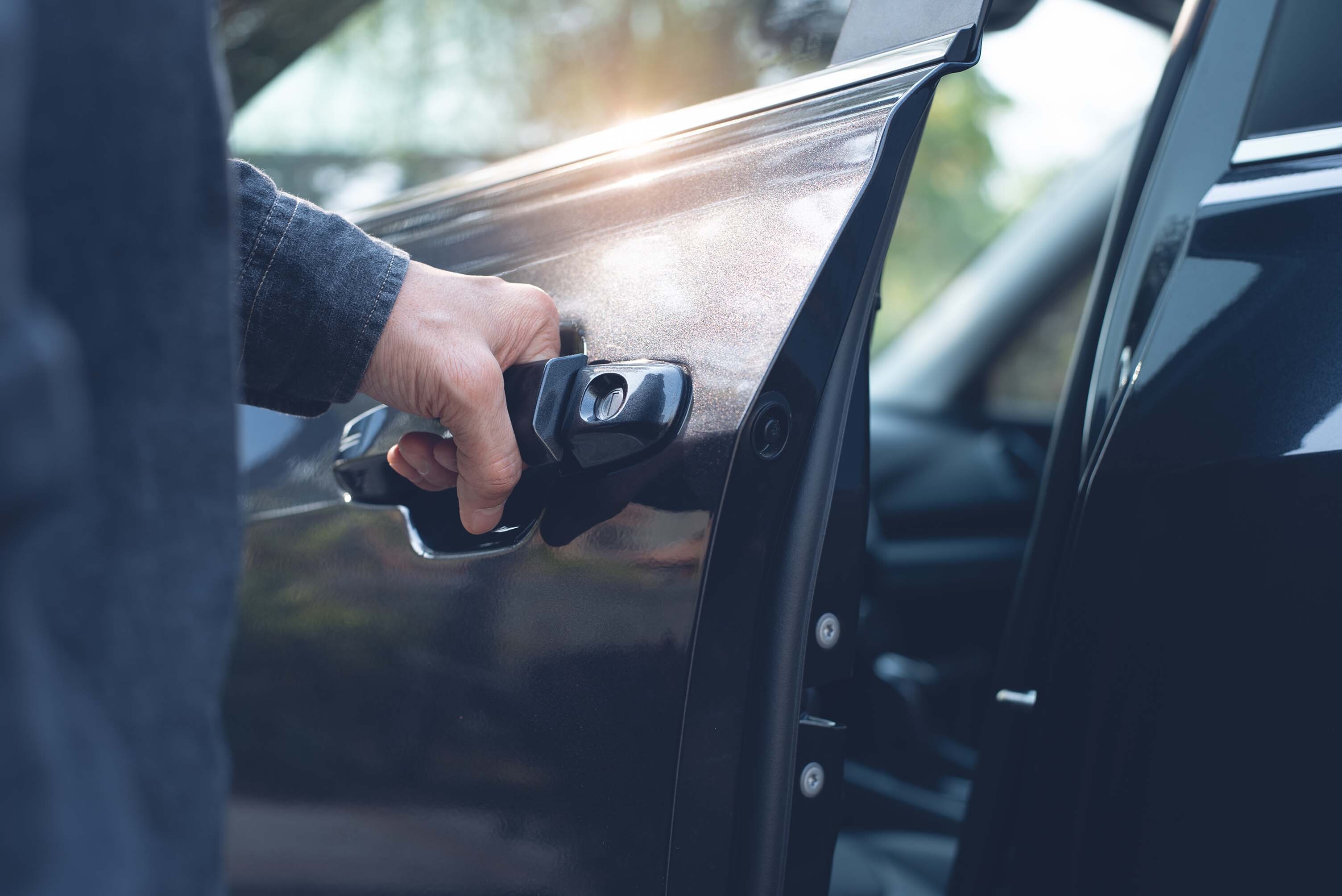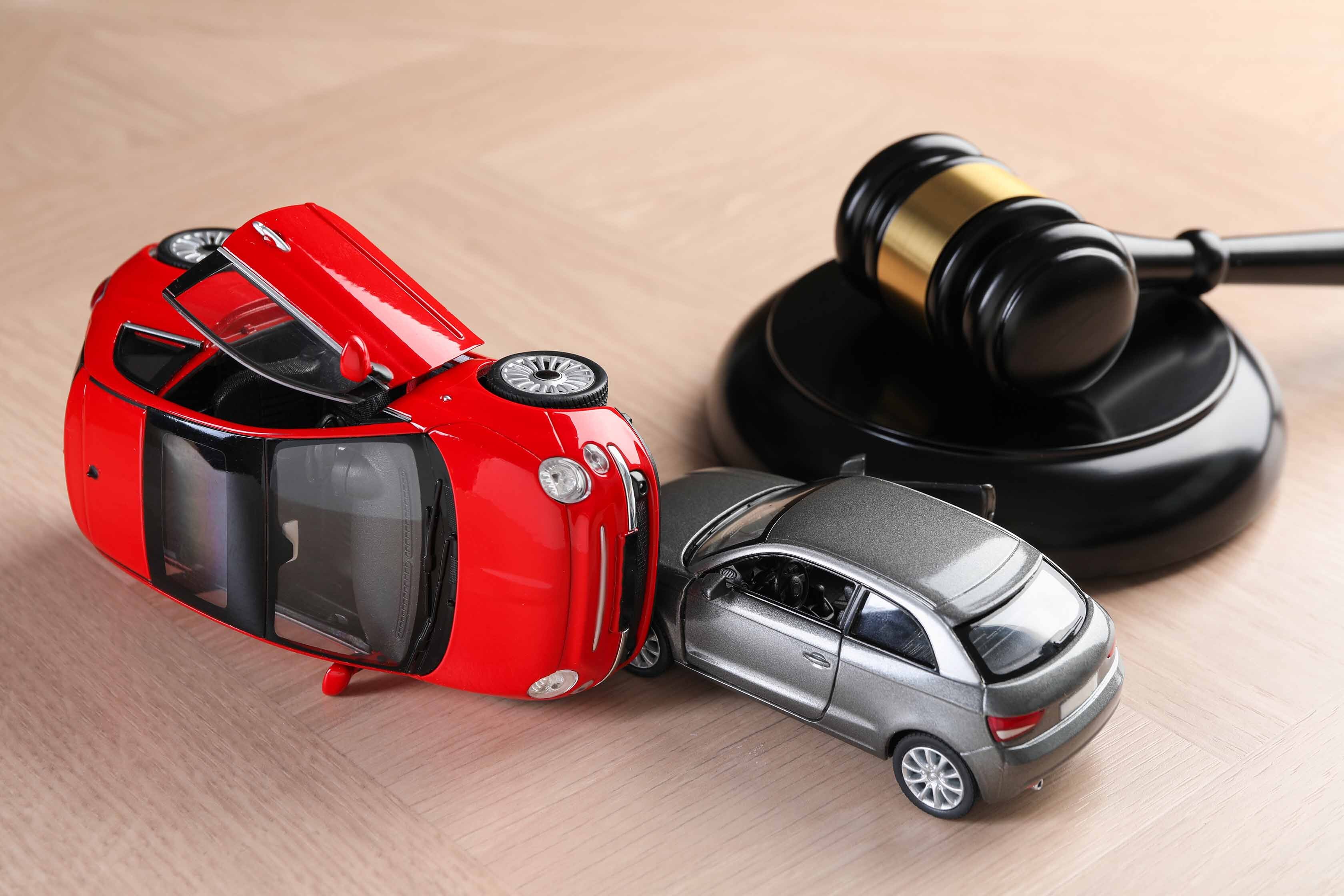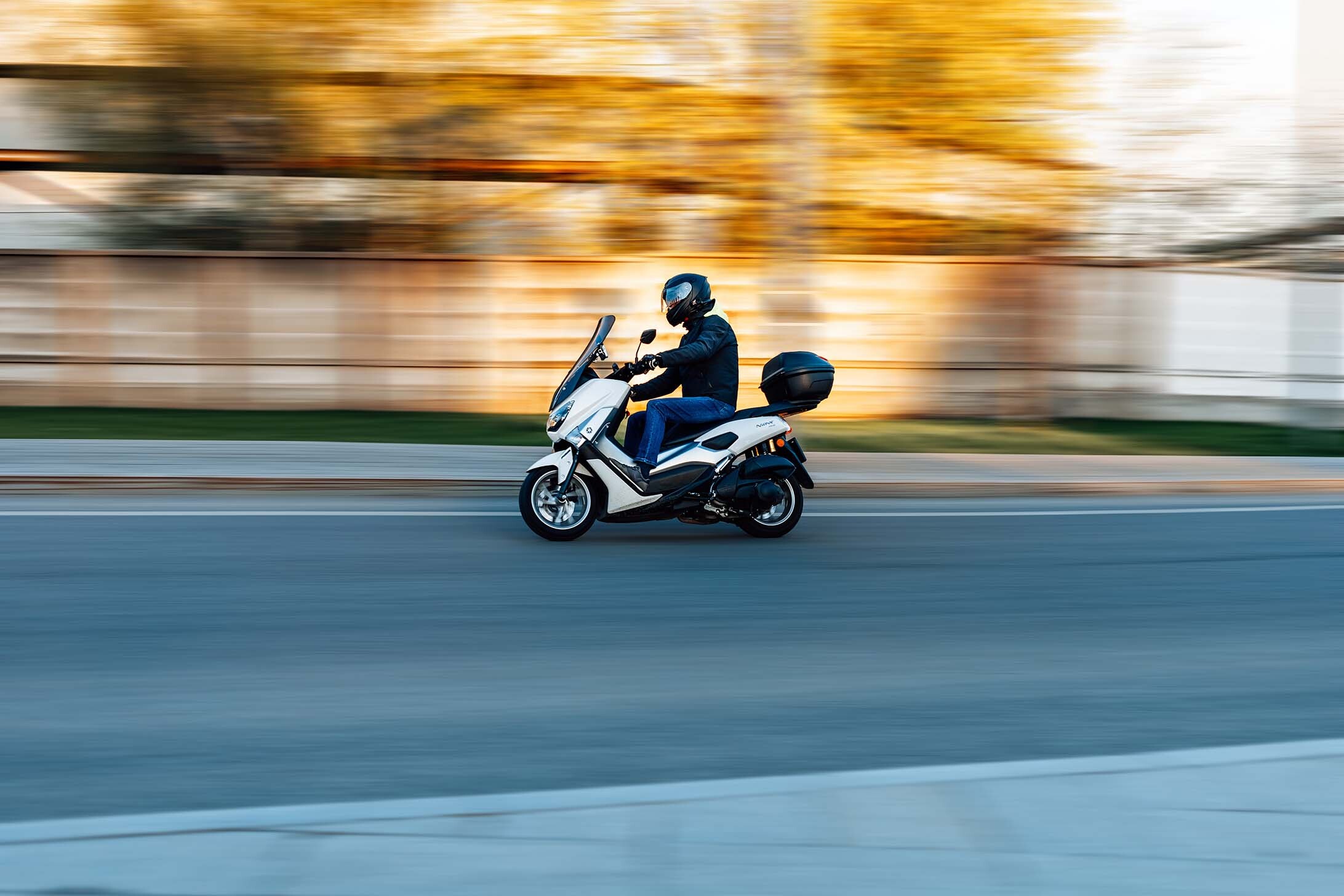With cars on the road reaching pre-pandemic levels, the issues of engine idling and polluting fumes are rearing their head. We’ve all been there – stuck in traffic breathing in the fumes of hundreds of idling cars all around us. You shut the windows and close the vents, but it doesn’t help.
Many drivers think that leaving their engine idling is better than turning it off altogether. We examine whether this is true, and what’s being done to combat idling.
What is Idling?
Idling is leaving your vehicle engine running while it’s not in motion. This commonly occurs when you’re waiting for a passenger, stuck in traffic, on school runs, or when delivering parcels/food.
It’s an illegal offence that could land you with a £20 fine and contributes to the world’s warming climate.
What’s the Big Deal?
Idling increases the amount of fumes in the air, especially in high-traffic areas. The health of vulnerable people is adversely affected, with higher levels of asthma and other breathing-related issues. Common culprits include the daily school run, with children being 60% more affected by carbon dioxide particles when outside.
Diesels are thought to be among the worst contributors – is it worth thinking about making a switch to petrol or hybrid?
On a personal level, idling wastes fuel when prices per litre remain high, as well as potentially affecting your running costs. Reducing engine idling time reduces general wear and tear on your engine, and helps improve the health of those around you.
What’s Being Done?
The government are committed to reducing air pollution, and overall emissions in line with the Paris Agreement. They have introduced clean air zones in several major cities and increased the area of the congestion charge in London. From 29 August 2023, the Ultra Low Emission Zone will be expanded across all London boroughs.
Local councils are issuing fines for idling where drivers refuse to switch off their engines. And on your drive, you’ll notice more signs encouraging you to turn off whilst you’re in stationary traffic.
Speed bumps are a popular choice to slow traffic, especially outside of schools – but these cause their own issues with braking.
The RAC is offering banners to schools, allowing them to create their own low-emission zone outside the school gates, encouraging parents to turn off their engines.
What Can You Do?
If you’re in traffic for long periods, consider turning off your engine. Modern vehicles now switch to electric when stationary, so you don’t have to turn the ignition off. Others have a “start-stop” system.
Plan your route in advance and allow extra time for detours and avoiding roadworks. Consider leaving earlier or later to avoid rush hour or peak traffic – especially during holidays.
As a private hire driver, consider switching to a hybrid or electric vehicle to further reduce your emissions. And always make sure you turn off the engine if you’re in stationary or gridlocked traffic.
If you think you’re going to be idling for more than 1 minute, it’s better for your engine and fuel to turn the engine off. Turning the engine off every time you stop could potentially damage your battery, so use your best judgement.
The Future
The future is electric and hybrid. With new petrol and diesel vehicles being phased out in the coming years, the future of motoring looks very different. Low emission zones and traffic easing will more than likely stay in place while the world looks to combat climate change.
Turning off your engine is one of the easiest habits to pick up to help the fight for our changing world.
Further Reading:
Belfast Live – Parents Urged to Turn off Engines
Gedling – Dangers of car fumes near schools
Did you know you can get an insurance quote with INSHUR in minutes? All you need is your driver’s license, so why not get started now?



